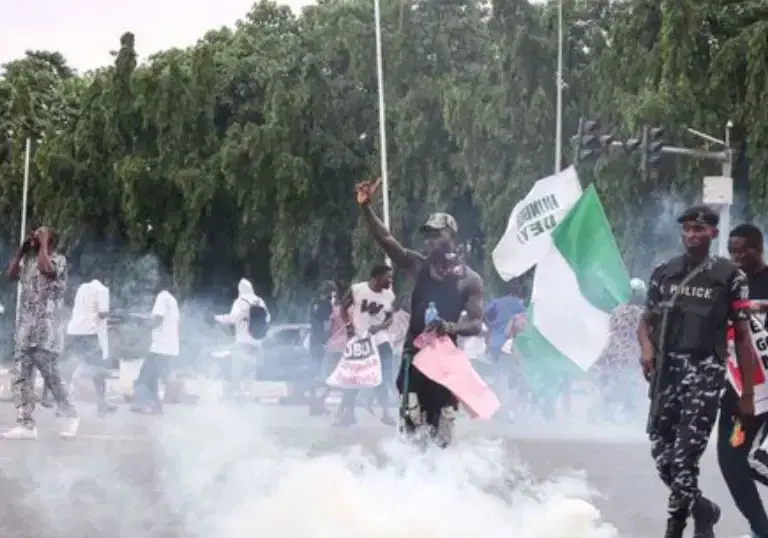

Protest in Nigeria
Protest, in Nigeria like many other democratic nations, has always been seen as the last resort—the final tool in the hands of the people to bend the government to their will. Nigerians, known for their boldness, have never shied away from protests.
EDITOR’S PICKS
With one of the largest democracies in Africa and even the world, the Nigerian people have held on to this tool, using it efficiently to challenge policies and force government decisions to favor the masses.
Let’s take a step back to 2012. Occupy Nigeria was a massive protest during Goodluck Jonathan’s presidency, sparked by the removal of the fuel subsidy.
Nigerians took to the streets in their millions, waving banners and flags, determined to make their voices heard. In the face of overwhelming pressure, the government had no choice but to bow to the people’s demands and reinstate the fuel subsidy.
Now, let’s jump to 2020, with the EndSARS protests—arguably the largest demonstration Nigeria had ever witnessed. The youth turned out in force, refusing to back down until they were heard, which eventually led to the disbandment of the notorious SARS police unit.
In 2023, after Bola Ahmed Tinubu assumed the presidency and removed the ‘unsustainable’ fuel subsidy, Nigerians have experienced some of the hardest times yet, with rising prices in goods, transport, and nearly everything else.
By July, citizens organized a 10-day marathon protest under the banner #EndBadGovernance, scheduled to run from August 1 to 10. Many believed this ‘revolutionary’ movement would bring an end to the people’s suffering.
But disappointment set in by day three, following the President’s speech. “None of our demands were addressed,” protesters in Lagos, Abuja, and other cities lamented.
The government simply waited out the people’s scheduled protest, and after the 10 days passed, not much had changed. According to reports, protesters were arrested, tear-gassed, harassed, and in some cases, even shot at.
Protest in Nigeria
The organizers planned a ‘Part 2’ protest on Independence Day, October 1, which was named Fearless. A few Nigerians still tried their luck, hitting the streets again in grand style. But the same script played out—police in Abuja responded with tear gas, and once again, it seemed that nothing had changed.
So, the question remains: has this final resort, this striking blow, our last tool of democracy—protest—lost its potency in Nigeria? If protest no longer works, what will the people turn to next?
Click here to watch our video of the week
Rema won ‘Album of the Year’ and ‘Best Male Artist’ at the 2025 Trace Awards.…
Ousted Speaker Obasa stormed the Lagos Assembly with armed officers. Security details for Speaker Meranda…
Federal Ministry of Health & Social Welfare Introduces National Health Fellows Programme National Health Fellows…